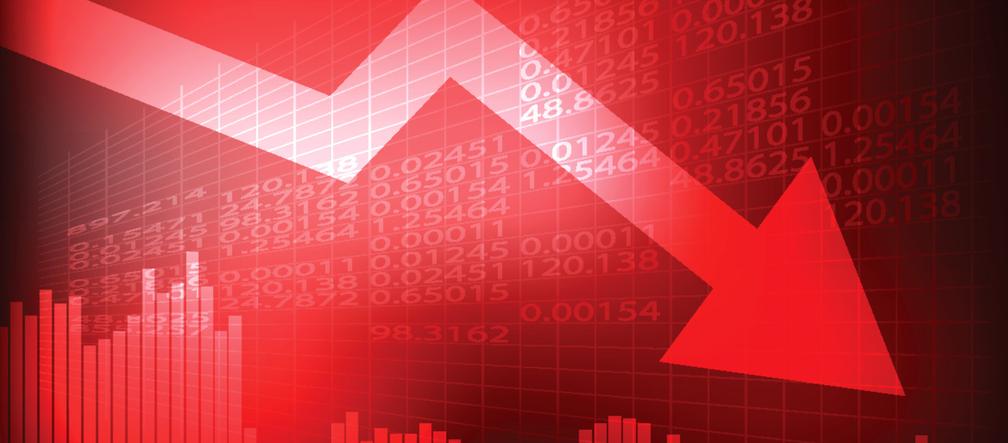World Bank estimates. In 2023, Poland’s economic growth rate will slow down
“Poland’s economic growth rate may slow more than initially thought in 2023 as the ongoing war in Ukraine has exacerbated prospects for a popandemic rebound across Europe” – indicated on Tuesday the World Bank (WB).
Next year, the Polish economy could grow by 1.6 percent. compared to 4.0 percent. estimated for 2022 and up to 3.6 percent. expected in previous World Bank estimates – assesses the World Bank in published reports.
The latest World Bank estimates show that the current costs of reconstructing Ukraine, including production capacity, infrastructure and social needs, amount to at least USD 349 billion – “one and a half times the Ukrainian economy from 2021, i.e. before the start of the war.”.
“Ukraine still needs enormous financial support during the ongoing war, in order to quickly launch projects aimed at the reconstruction of the country,” said Anna Bjerde, World Bank vice president for Europe and Central Asia, quoted on Tuesday.
War also hurts the world economy, as it leads to trade distortions and causes shocks to food and fuel markets, the report said. “This led to high inflation and, consequently, the tightening of monetary policy by many of the world’s central banks” – be marked. Economic activity in the euro area, which is the largest trading partner of developing countries in Europe and Central Asia, also deteriorated in the second half of 2022. and weaker consumer and business sentiment “- was underlined. The biggest impact of the war was seen on energy markets – rising prices caused by a decrease in supply from Russia.
The World Bank lowered its growth forecast for 2023.
The World Bank lowered its growth forecasts for 2023 for most European and Central Asian countries. “These forecasts are subject to great uncertainty, as a protracted war could cause greater economic and environmental losses and further disrupt international trade and investment.” – rated.
“Higher energy and food prices will weigh on household demand, particularly affecting less affluent families who spend half their monthly spending on food and energy.” – said Cristina Savescu, World Bank economist for European Union countries. According to him, precautionary measures in the form of anti-inflation shields, 14th pensions and subsidies for the purchase of energy operators will reduce the consequences of rising prices for consumers, “but the percentage of the population at risk of poverty may remain 1-2 percentage points above 2021 levels in the next year.” next year.” .
Money is not everything – Piotr Maciążek

“Reader. Future teen idol. Falls down a lot. Amateur communicator. Incurable student.”


![Bogusław Wołoszański: “Achieving nuclear weapons would be the beginning of World War III” [WYWIAD]](https://storage.googleapis.com/bieszczady/rzeszow24/articles/image/877236c0-66fd-457a-9eb4-41792f9077ff)




